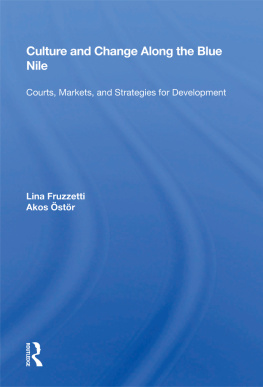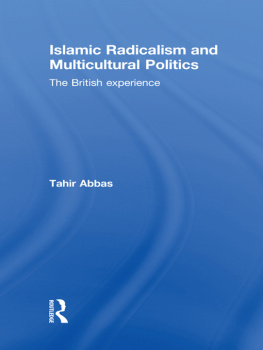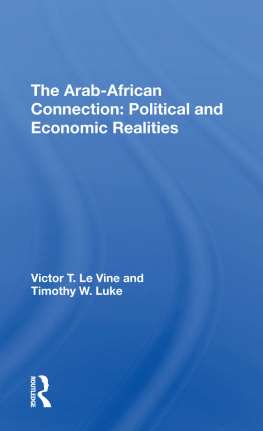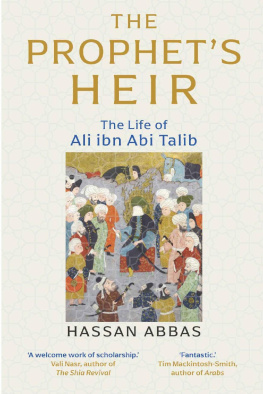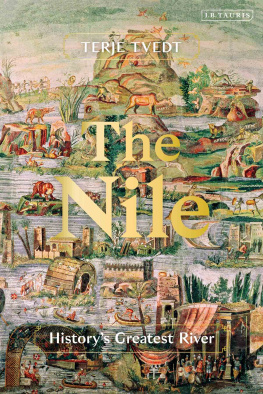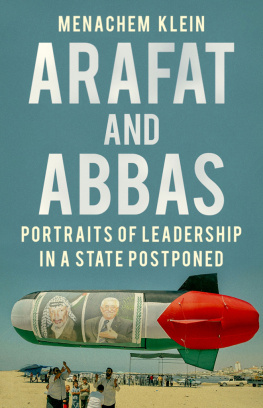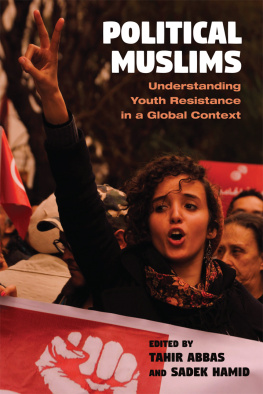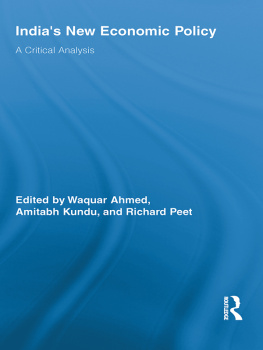LONDON SCHOOL OF ECONOMICS MONOGRAPHS ON SOCIAL ANTHROPOLOGY
Managing Editor: loan Lewis
The Monographs on Social Anthropology were established in I94oandaimto publish results of modern anthropological research of primary interest to specialists.
The continuation of the series was made possible by a grant in aid from the Wenner-Gren Foundation for Anthropological Research, and more recently by a further grant from the Governors of the London School of Economics and Political Science. Income from sales is returned to a revolving fund to assist further publications.
The Monographs are under the direction of an Editorial Board associated with the Department of Anthropology of the London School of Economics and Political Science.
First published 1980 by Berg Publishers
Published 2020 by Routledge
2 Park Square, Milton Park, Abingdon, Oxon OX14 4RN
605 Third Avenue, New York, NY 10017
Routledge is an imprint of the Taylor & Francis Group, an informa business
Copyright Abbas Ahmed Mohamed 1980
All rights reserved. No part of this book may be reprinted or reproduced or utilised in any form or by any electronic, mechanical, or other means, now known or hereafter invented, including photocopying and recording, or in any information storage or retrieval system, without permission in writing from the publishers.
Notice:
Product or corporate names may be trademarks or registered trademarks, and are used only for identification and explanation without intent to infringe.
British Library Cataloguing in Publication Data
Abbas, Ahmed Mohamed
White Nile Arabs (London School of
Economics and Political Science. Monographs
on social anthropology; 53; 0077-1074).
1. Hassaniya Social Life and customs
2. Hissinat Social life and customs 3. Ethnology
Sudan White Nile Province
I. Title II. Series
301.29'629'3 GN652.H/
UK SBN 0 485 19553 4
USA SBN 0 391 00969 9
ISBN13: 978-0-4851-9553-8 (hbk)
PREFACE
This book is an account of the changing social and political structure of the Hassaniya and Hissinat, two Sudanese Arabic-speaking tribes inhabiting the northern part of the White Nile Province in the Sudan. The account is based on field research over I5 months, between June I969 and November I97o, among these groups. The original plan wps to give major consideration to the working of the Native Administration but this was abolished as soon as I arrived in the field by the new government that came to power in May I969. Only certain native courts under the tribal chiefs were allowed to function, and these only for a very short period. For a long time afterwards the administrative machinery was highly chaotic. In mid-I97o, the villages' Magistrates Courts were established to replace the former tribal courts while administrative sprvices were performed dirnctly by the local government.
Other upheavals in the area have also interrupted the course of this study. March I97o witnessed the Mahdists' revolt at Aba Island and the government counter-action to crush that revolt. Many of the White Nile Arabs are devout followers of the Mahdist Sect and the people whom I came to study were directly involved in the incident. Thus, even in the small village I lived in, some people were interrogated and one or two were taken to Khartoum pending investigations. This put me in a critical position, for it meant that I had to make great efforts to gain the confidence of the people and overcome a rising feeling among some suspicious individuals that I might be a spy for the government. This situation is no doubt common for social anthropologists, who in many circumstances have learned how to overcome, or at least to bear, such problems.
In the field, I conducted my interviews and gathered most of the information in Arabic. I made use of some Hassaniya assistants, most of whom were secondary school pupils. They were very helpful especially when I conducted a household census and a questionnaire about agricultural production and relations between the scheme and tenants. Only a very small part of the questionnaire is used in this book. In addition, I have collected a mass of data relating to oral traditions, folk tales, songs, case-histories, genealogies, sources of wealth and so on.
During most of my time in the field, I lived at Es-Sufi village. I selected this place for a number of reasons. Firstly, it lies in the centre of Dar Hassaniya, roughly half-way between Dueim and Jebel Awliya. Secondly, it lies in the centre of a concentration of agricultural schemes that is not found in other parts of the territory. Thirdly, it lies on the west bank where I could easily gain access to the pastoral groups inhabiting the western interior, for these groups have become highly involved in the riverain economy. Fourthly, it lies very near to Wad Nimir Village, the former headquarters of the deputy Nazirate, and to Naima across the river, the former headquarters of the Nazirate. This placed me near the Gushgushab lineage homeland and its ruling section, the Habbaniya.
In this work I deal with tribal politics before the abolition of the Native Administration, and I do not take into consideration the fact that all private agricultural schemes are today taken over by the government - a factor which has affected the economic foundation of the former ruling elite, the Habbaniya, My work here deals mainly with general sorts of relationship that existed in the past and still exist today among the Hassaniya Arabs. I take the inauguration of the Jebel Awliya Dam development scheme in I937 as a dividing point between the traditional and the new emerging institutions. Among other things, I focus on the relationship between the tribal rulers and the people they ruled, and trace the development of political domination in that relationship. As such, this study complements recent studies on the tribal lite, especially that which exists among the close neighbours of the Hassaniya - the Kabbabish Arabs.
ACKNOWLEDGMENTS
I am most grateful to the University of Khartoum for financing the fieldwork on which this book is based.
During my fieldwork I had the willing co-operation of Shaikh Yusuf Habbani (the former Nazir), Omer Idris Habbani, Mahdi Abdel Gadir Habbani, Ibrahim Habbani (former Minister of Dar Hassaniya), Farouk Idris Haj Muhammad Habbani, Abdallah Idris Habbani, Sayed Abdel Gadir Habbani, Ismail Ibrahim Nimir and Osman Idris Habbani. I owe a special debt to Omer Idris Habbani, the former Deputy-Nazir and Principal of the Executive Rural Council, for giving me detailed impartial information. I cannot imagine how I could otherwise have gained access to it.
I wish to thank Ahmed El Rayah Hussein, Abdel Rahman El Nadi, Muhsin El Nadi and Mukhtar El Asem, for making initial arrangements and providing accommodation for me for some time.
At Es-Sufi village, I found many sincere and faithful friends. I wish to express my deep gratitude to all of them, especially Abdel Tam El Tayib and his family, without whose help I should have encountered many difficulties. Massalam and El Tayib Camilallah of the




